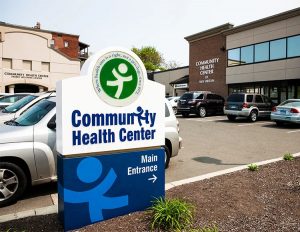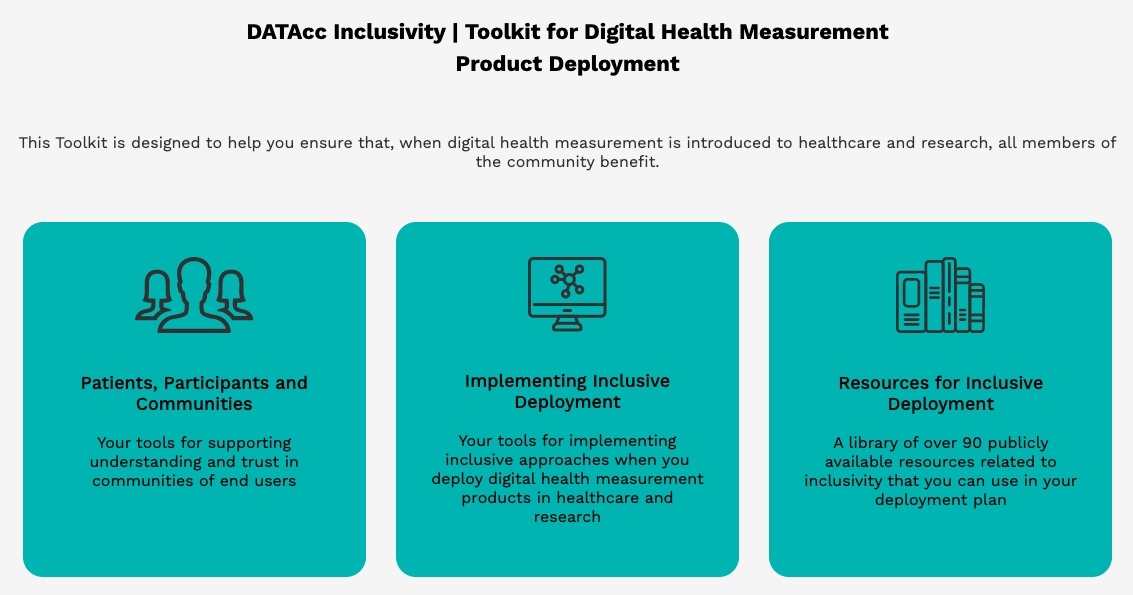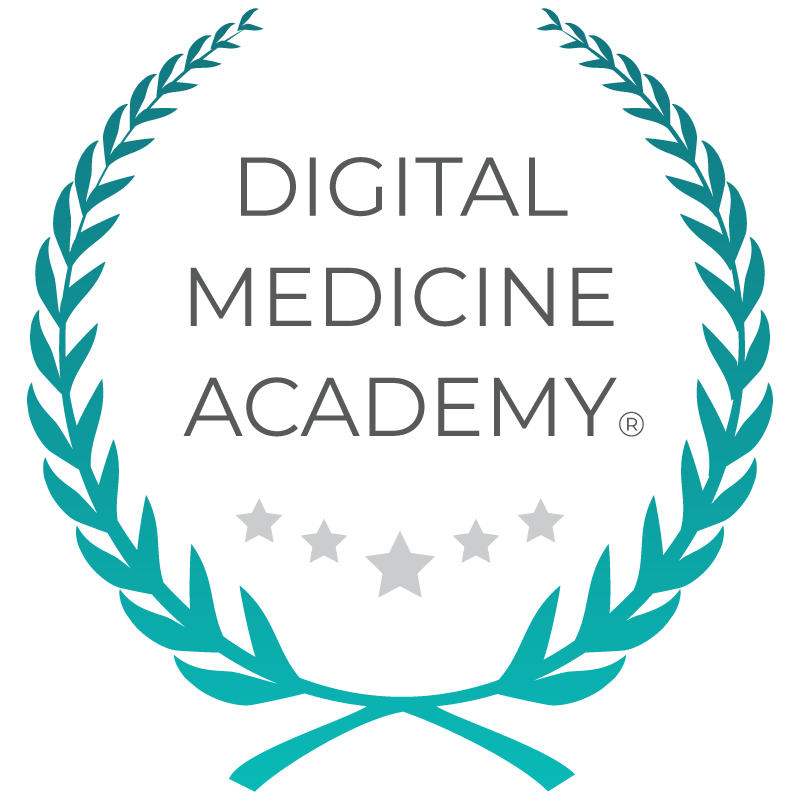
How Inclusive Communities Empower Both Health Equity and Biomedical Research
Contrary to the widespread assumption that underrepresented groups are unwilling to participate in clinical studies, researchers have found that patients from marginalized communities “are no less likely, and in some cases are more likely, to participate in research if asked.” These patients’ lack of access to and awareness of opportunities and widespread systemic issues, such as cultural incompetencies, is why we continue to see insufficient diversity in research.
Six years ago, the National Institute of Health (NIH) launched the All of Us (AoU) Research Program, a nationwide effort to gather longitudinal health data from participants that reflect the nation’s diversity. Data from over 1 million participants will include ten years of physical measurements, biospecimens, survey responses, and EHR data to create a precision medicine platform to fuel the next generation of biomedical research.
“How can you expect to deliver equitable care when certain communities are being left out of the research that informs health care?”
– Kharla Colon-Vazquez, Program Specialist at Community Health Center Inc.
AoU works with Federally Qualified Health Centers (FQHC), including Community Health Center, Inc. (CHC), to enroll diverse patients in the All of Us Research Program (AoURP). CHC’s patient population comprises groups historically underrepresented in biomedical research and underserved in healthcare, including older adults, under or uninsured individuals, minority communities, non-English speakers, and those with less than a high school degree.
Building Trust By Meeting Underrepresented Patients Where They Are
CHC is on a mission to include communities historically left out of research, enabling the All of Us Research Program’s goal of moving care delivery from a one-size-fits-all model toward precision medicine. CHC takes a personalized approach to understand its patients’ unique needs and engages them as AoURP participants in a transparent, appropriate, and inclusive manner.
“When working with underserved patients that make a lower income, hold lower educational attainment, face transportation insecurity, have childcare responsibilities, and other socioeconomic challenges…all those factors ultimately affect patients’ ability to participate in a research or even to be informed about research opportunities. The first step to participating in research is knowing there are opportunities out there.”
– Kharla Colon-Vazquez, Program Specialist at Community Health Center Inc.
CHC leverages DATAcc’s Tools for inclusive Deployment, which were developed by a diverse group of experts in the field, to use clear and concise messaging with the appropriate reading level, include visual aids, and avoid jargon to be more effective in their outreach, engagement, and retention. Given the large Spanish-speaking population, CHC ensures that at least one Research Coordinator fluent in Spanish is present at each site. This allows the Coordinator to build a trusted, ongoing relationship with the participant in a one-on-one setting without needing to involve an interpreter, which can be timely and make participants uncomfortable.
 The AoURP is a digital program with all participant materials online, including consent, survey, and other communication, making it easier for those who cannot make it into the clinic regularly and moving one step closer to the world of digital medicine. However, this can pose a challenge as much of the CHC population, including the populations that the AoURP is looking to enroll, face unreliable technology access and may have lower digital literacy. To ensure the online component of the research program is not a barrier to participation, CHC works with participants one-on-one over the phone, on zoom, and in person to provide the support needed, including lending an iPad for participant use.
The AoURP is a digital program with all participant materials online, including consent, survey, and other communication, making it easier for those who cannot make it into the clinic regularly and moving one step closer to the world of digital medicine. However, this can pose a challenge as much of the CHC population, including the populations that the AoURP is looking to enroll, face unreliable technology access and may have lower digital literacy. To ensure the online component of the research program is not a barrier to participation, CHC works with participants one-on-one over the phone, on zoom, and in person to provide the support needed, including lending an iPad for participant use.
Creating an Environment Where Underrepresented Patients Feel Seen and Heard
Meeting patients where they are is one way in which CHC has built trust with the community. Another mechanism for establishing and maintaining trust is CHC’s Participant and Community Advisory Board, which comprises CHC patients also participating in the AoURP. These individuals reflect participants’ communities and help guide decisions and communication materials. Amy Taylor, Regional Vice President and deputy principal investigator for the AoURP at CHC, also shared the importance of engaging community members, such as teachers, to encourage trust. Using the DATAcc Guide for Community Partnerships, CHC has built strong long-term relationships with those who can help support the populations AoURP is trying to enroll.
“It’s imperative for CHC to build an environment where participants feel comfortable and respected. Participants aren’t going to come back if they don’t trust the program and if they don’t understand its value. Our Research Coordinators and Participant and Community Advisory Board build long-term, trusted relationships with participants that have helped us achieve a 52% retention rate.”
– Kharla Colon-Vazquez, Program Specialist at Community Health Center Inc.
Using DiMe’s Toolkits to Support Underrepresented Patients
Science can create systemic change. The AoURP at CHC demonstrates how to enact many of the best practices recommended in the DATAcc toolkits for Inclusive Deployment of digital health products and tools. By committing to engaging diverse populations, communicating effectively and consistently, meeting participants where they are, and building solid relationships, CHC has achieved one of the highest retention rates (52%) among the AoURP FQHCs. This longitudinal participation is critical for biomedical research and clinical care, especially when using digital health tools. This novel data represents the great value that digital health products will provide, with continuous, more robust data that can better inform the next generation of care to improve health outcomes for all.
 As digital health products become more integrated into clinical care and research, we can help define the field and ensure all populations are represented so everyone can access the care they need. CHC is an example of how health systems have leveraged our DATAcc toolkits to advance equitable biomedical research and care.
As digital health products become more integrated into clinical care and research, we can help define the field and ensure all populations are represented so everyone can access the care they need. CHC is an example of how health systems have leveraged our DATAcc toolkits to advance equitable biomedical research and care.
Join the leaders advancing the inclusive development and deployment of digital health measures to improve health outcomes, health economics, and health equity using DATAcc’s actionable resources.




